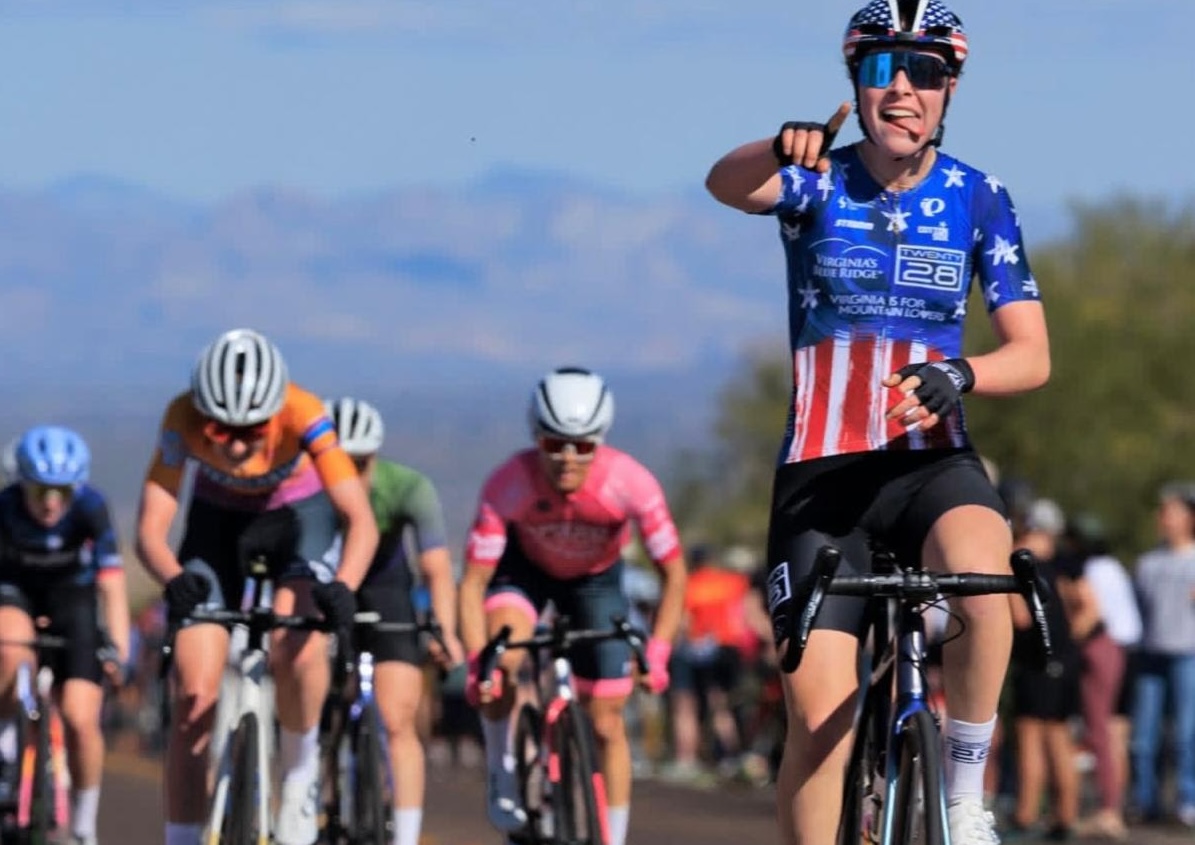Boardman warned the UCI of risks of bike doping
Former professional talks about benefits and risks of motorised bike
The latest race content, interviews, features, reviews and expert buying guides, direct to your inbox!
You are now subscribed
Your newsletter sign-up was successful
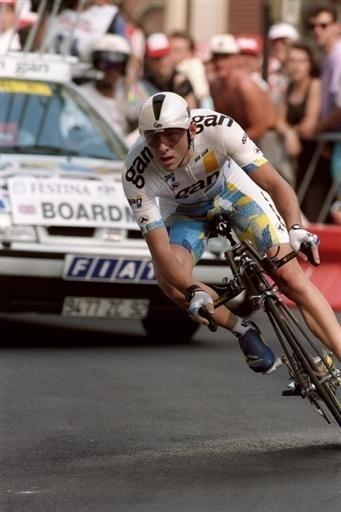
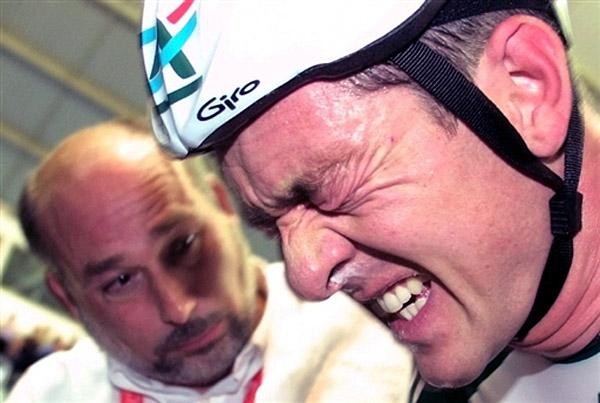
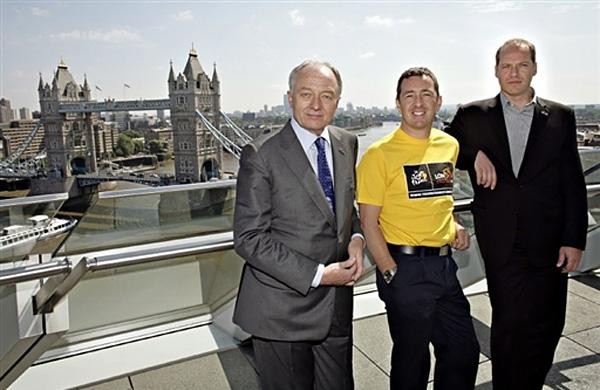
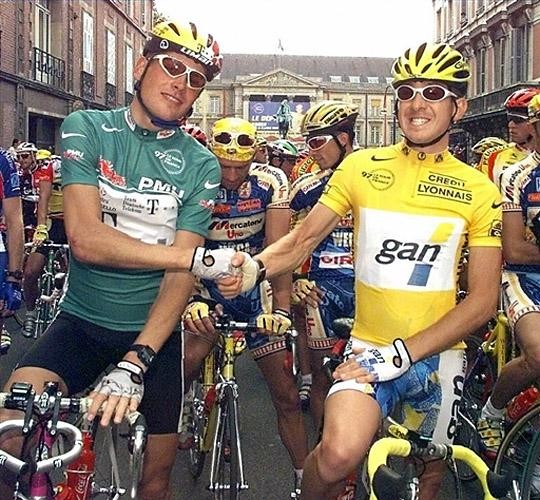
Former professional rider and now successful bike manufacturer Chris Boardman has revealed he warned the International Cycling Union about the risk of motorized doping last year and provided the sports governing body with information on how teams could massively boost their riders' performances.
Speaking to the British newspaper Telegraph, Boardman said that in theory teams could use cutting-edge technology from Formula 1 to boost the power of any battery-powered motorized system. Boardman suggested they could even tap into the battery that was already used by several teams to power the front and gear changers on bikes.
During his career, Boardman won gold in the individual pursuit at the 1992 Barcelona Olympics, won the prologue time trial at the Tour de France three times and broke the hour record on the track. Since retiring, he has worked with British Cycling developing equipment for the Great Britain team and has created his own brand of Boardman bikes.
"I sat at a meeting with the UCI last year and drew on the blackboard exactly how this might work," Boardman told the Telegraph. "I showed them some of the sophisticated boosting technology now available, mainly from F1 teams, that can get a kilowatt out of a single AAA battery."
"And don't forget electrically operated gears are legal these days so there is already a power source on many bikes. I think it would be fair to say there was a stunned silence after I said my piece."
"It would be very little trouble adapting a power source to give you maybe a couple of hundred watts for 20 minutes or so, which would basically gives you 40 per cent more power through the pedals in a time trial say. You could reduce that power and spread it over a longer period of time or go for one 'hit'. Its potential is obvious. You could use it when you are trying to establish a break or on the crux of the last climb of the day or maybe in the latter stages of a long time trial."
Difficult to detect
The latest race content, interviews, features, reviews and expert buying guides, direct to your inbox!
Boardman admits it would be difficult to detect if a rider uses a motor-powered bike. However he also recognizes it would be a huge step for a team to make. Sadly the history of sport is littered with people trying to cheat by using any technological advantage they can find.
"There is not a shred of doubt that the technology exists to cheat in this way and that a rider could get a definite return from such cheating. With little buttons controlling the gears these days I suspect it would also be pretty simple to disguise," Boardman said.
"As for detection, the extra weight would be almost negligible as most road racing bikes come in well underweight anyway when scrutinised so you would struggle to identify a cheat that way. The only sure-fire safeguard would be to X-ray every bike before the start of every race or before the start of every stage of every race. That or take every bike apart every morning which is not really feasible."
"My experience within the sport tells me that to cheat blatantly in such a way would be such a massive step for those concerned - and it would involve so many members of the backup team and staff - that although it is possible it probably hasn't taken place yet for real. Just because you 'can' doesn't mean to say you 'do'."
"Any rider, squad and sponsors involved with a team caught in this way would be dead in the water as far as cycling is concerned. There would be absolutely zero sympathy and no way back into the sport whatsoever. Only desperate people would take that step and there have historically been the odd instance in sport. I suppose the most famous was Boris Onischenko rigging up his sword to score hits at will at the modern pentathlon in 1976. You never say never, so it's right we are on our guard."
UCI President Pat McQuaid has played down the possibility of riders using bikes fitted with hidden motors. "This is a story that has gone around the world like wildfire. Whereas there is no foundation for it," McQuaid told the Associated Press.
The UCI is reported to be holding a meeting with bike manufacturers on Monday to further investigate the suspicions.

